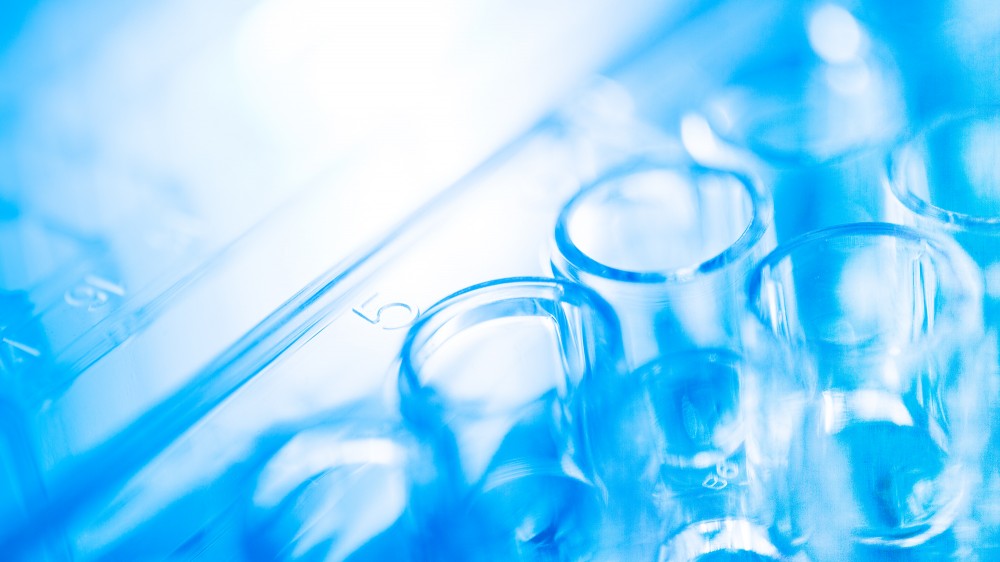Guidance
Study designs for pharmaceutical and chemical development
Projects providing guidance to reduce animal use or refine procedures within toxicology studies.
Other toxicology resources
Keep up to date with the latest news from the NC3Rs Toxicology and Regulatory Sciences programme.

Links to all publications from the NC3Rs Toxicology and Regulatory sciences programme.

